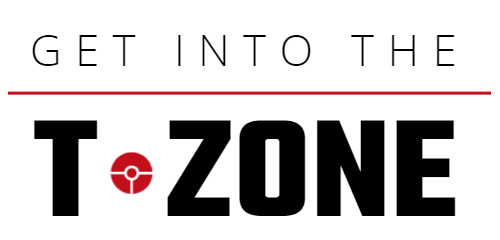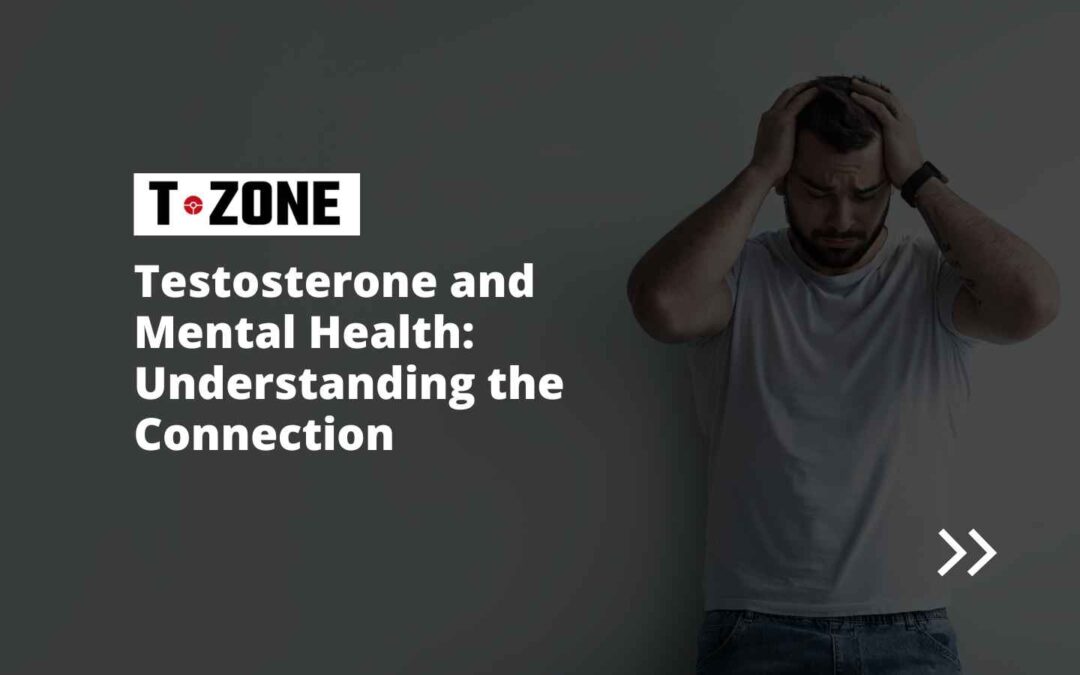Testosterone and Mental Health: Understanding the Connection – Testosterone, often associated with muscle mass and libido, plays a crucial role in men’s mental health. Emerging research underscores the significant impact of testosterone levels on mood, cognitive function, and overall psychological well-being. For men experiencing symptoms of low testosterone, also known as low T, understanding this connection is vital.
Mood and Testosterone
Low testosterone levels are linked to a variety of mood disorders. Men with low T often report increased feelings of depression, anxiety, and irritability. Testosterone influences neurotransmitters in the brain, including serotonin and dopamine, which are essential for regulating mood. A deficiency in testosterone can disrupt this balance, leading to emotional instability and decreased quality of life.
Cognitive Function
Testosterone also plays a role in cognitive health. Men with higher testosterone levels typically demonstrate better memory, attention, and spatial abilities. Conversely, low testosterone can lead to difficulties with concentration, memory lapses, and a decline in cognitive sharpness. These cognitive challenges can be particularly distressing, affecting both personal and professional life.
Stress and Anxiety
Stress and anxiety are common issues for men with low testosterone. Testosterone has a calming effect on the nervous system, helping to mitigate the body’s response to stress. Low levels of testosterone can exacerbate stress and anxiety, making it harder for men to cope with everyday challenges. This heightened stress response can further impact mental health, creating a vicious cycle of anxiety and hormonal imbalance.
Testosterone Therapy and Mental Health
For men struggling with low testosterone, testosterone therapy can be a game-changer. By restoring testosterone levels to a normal range, many men experience significant improvements in mood, cognitive function, and overall mental well-being. Testosterone therapy helps to rebalance neurotransmitter levels, reduce symptoms of depression and anxiety, and enhance cognitive abilities.
Conclusion for Testosterone and Mental Health
Understanding the link between testosterone and mental health is crucial for men experiencing symptoms of low T. Addressing testosterone deficiency can improve not only their physical health but also their mental and emotional well-being. If you suspect you have low testosterone, consulting a healthcare professional about testosterone therapy could be a pivotal step towards better health and improved quality of life.
Call Today for a FREE, same-day consult with our T-Zone patient specialist! CALL TODAY! 704-282-9355
Follow us on Facebook:

